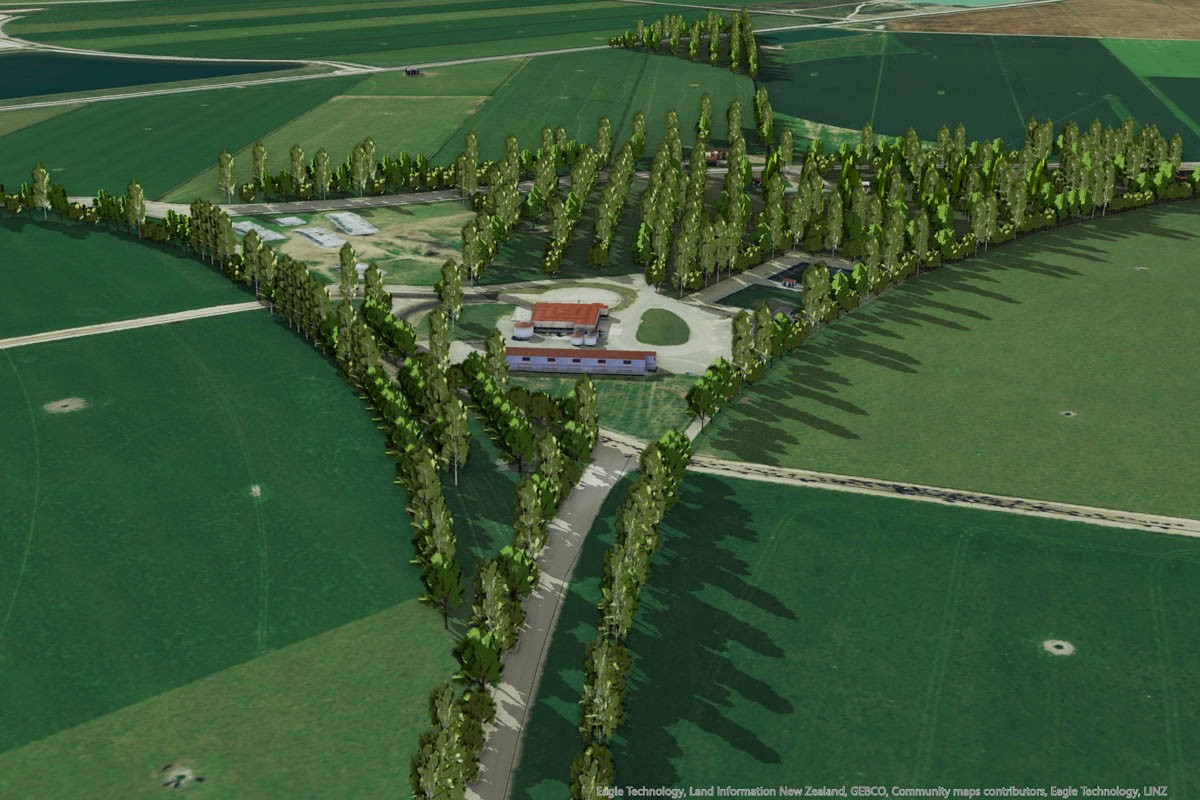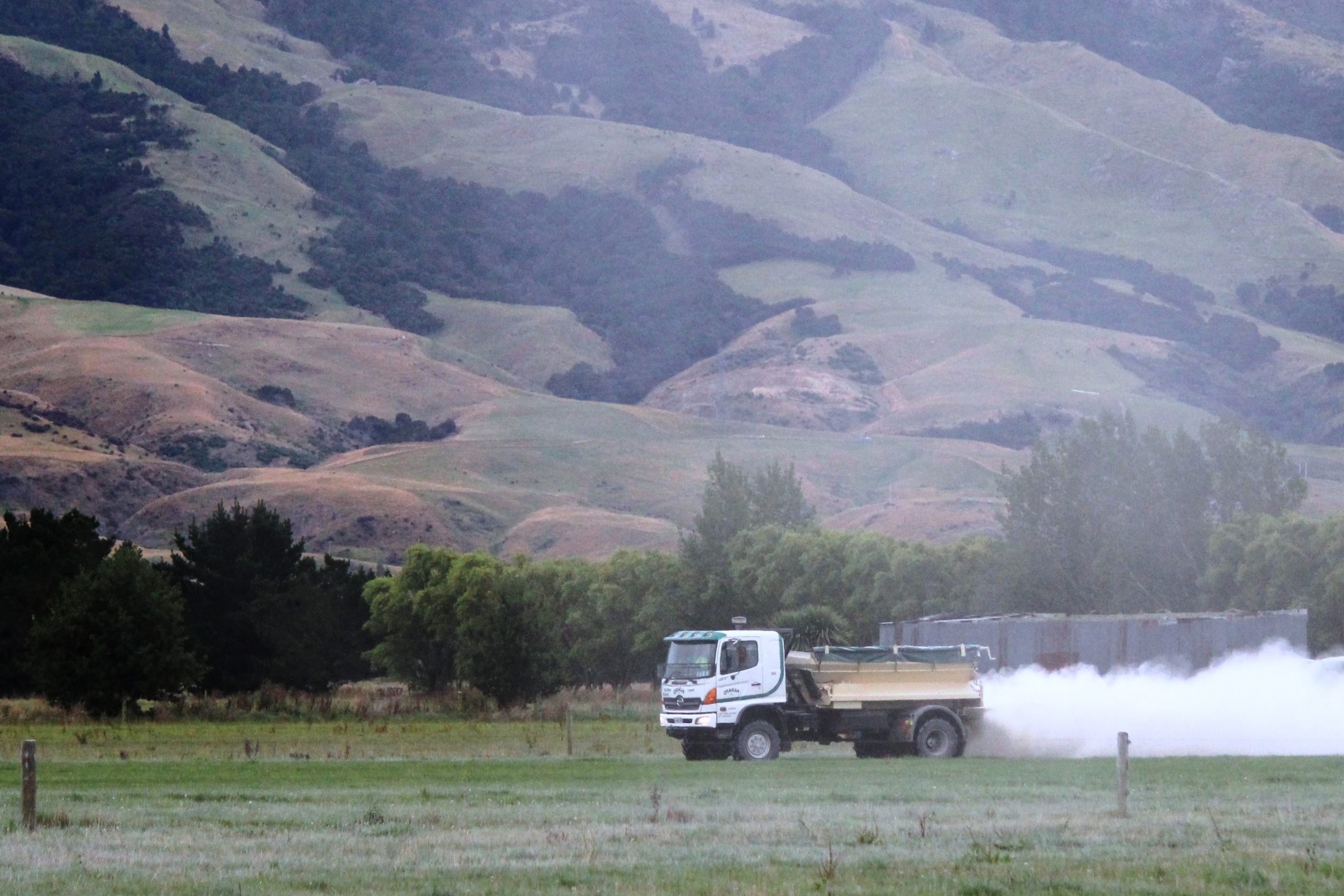Eliminating human error

By Anne Hardie
Antibiotic contamination is the main reason for insurance claims for milk in the country and it’s usually due to human error.
Speaking at the Once-A-Day (OAD) and Flexible Milking Conference in Nelson, FMG manager advice services, Stephen Cantwell, said just under 1500 claims are received each season for milk-related problems that total about $4.5 million, with antibiotic contamination towering above other claims.

He said farmers can’t change weather-related claims, but they can work on reducing human error claims and less claims can trickle back to lower premiums.
The words employee and staff often come up in claims and he said it highlights the importance of running through procedures in the dairy and reminding staff about even simple things, including turning on the vat.
Beyond the dairy, human error leads to more claims and he said there are some simple procedures to set in place on the farm that can help reduce accidents and damage.
For instance, checking the tyre pressure on the quad bike to reduce risk of rolling and checking the tractor for birds’ nests during the nesting period. The latter point led to the company’s Stop and Pop campaign to encourage farmers to pop the hood and check for bird’s nests, which saved $2.64 million in three years.
“If we can give better advice, we can lower claims and stabilise premiums.”
Farming has its risks and as more farms operate as companies, he said they need to be aware that every director takes on responsibility. Many farming companies are family based and sit around the dining room table for their meetings and he said it is very easy to forget they each have the legal responsibilities of a company director. His final message to farmers was about the risks associated with connectivity. While technology needs to be embraced, it increasingly has risks.
In one case, a dairy farmer was basically locked out of their dairy and ransomed after their system was hacked. In another, a farmer paid an invoice and was then asked to pay it again a month later after it was intercepted and they were given a different account number.
“People don’t like to talk about this. If people get hit they don’t want anyone to know they’ve been scammed.”
He advised farmers to get tips for cyber security from Cert NZ at https://www.cert.govt.nz/ and if they followed those tips they could at least ensure their business was 80% secure.





